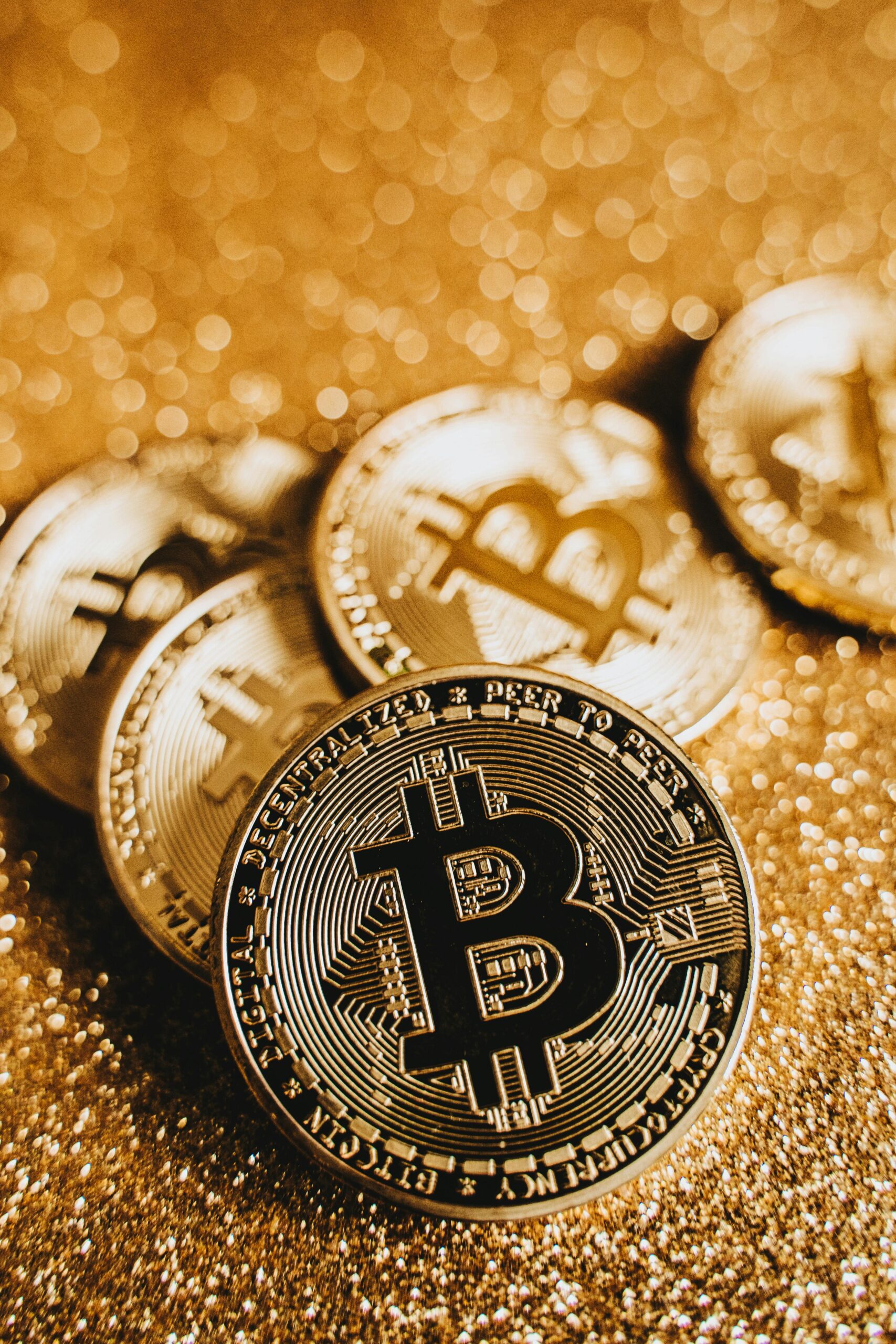Crypto in Curaçao? Buying a luxury villa or seaside apartment with Bitcoin once seemed like a plot from a sci-fi film. Yet, from Miami to Dubai, this once-futuristic concept is fast becoming reality.
As of 2025, more than 659 million people worldwide use cryptocurrency. That’s about 1 in 13 individuals. Gallup notes that about 14% of American adults now own some form of digital currency.
At the same time, the global real estate landscape continues to evolve. High-net-worth individuals and international investors are eying digital assets to snap up prime properties.
In July, Christie’s International Real Estate revolutionized the luxury real estate market by becoming the first major US brokerage to launch a dedicated division for cryptocurrency-based property transactions.
Aaron Kirman, CEO of the Christie’s Southern California luxury boutique brokerage based in Los Angeles, opened the division with a bang, rolling out a $1 billion portfolio of ultra-luxury properties accepting digital currency. “This is the moment crypto wealth meets tangible luxury,” Kirman said. “Traditional real estate has been way too slow to embrace the crypto revolution that I’ve seen close deals for years.”

Crypto keeps making waves in the international property market, becoming more mainstream. In 2021, a Miami penthouse sold for $22.5 million in crypto, setting a new benchmark. More recently, the Dubai Land Department (DLD) signed a Memorandum of Cooperation with Crypto.com. One goal is to create new ways to invest in virtual real estate.
Platforms like RealOpen and BaanCoin let buyers use Bitcoin, Ethereum, or stablecoins like USDT to buy properties worldwide. Deals can close in a day, skipping slow bank transfers and hefty fees. Blockchain makes sure transactions are safe and easy to track. Smart contracts can cut out middlemen.
But the crypto craze is not all rosy. Crypto’s volatility is a major hurdle. Bitcoin’s dramatic price swings can shift a property’s cost within hours.
And the rules are still unclear. While countries like the UAE and Portugal welcome crypto with clear laws or tax breaks, others impose strict capital gains taxes or outright bans.
On July 18, 2025, President Donald J. Trump signed the Guiding and Establishing National Innovation for US Stablecoins Act of 2025 (GENIUS Act) into law. The GENIUS Act creates a regulatory framework for stablecoins.
Stablecoins are cryptocurrencies pegged to a real-world asset like the US dollar. The GENIUS Act establishes rules for companies that issue stablecoins, ensuring they are backed by sufficient reserves and follow specific licensing and reporting requirements.
While the GENIUS Act is a US law, its impact is global. By creating a clear, regulated pathway for digital assets, it should accelerate their adoption in international commerce. Crypto is poised to move from niche to mainstream.
For an international market like Curaçao, the rise of a stable digital currency could be a game-changer.
Curaçao has all the right ingredients to become a leader, not just a participant, in the crypto-friendly luxury market.
You won’t find a “Bitcoin accepted here” sign at every local real estate office in Curaçao. But brokerages like Palmstone Real Estate recognize the need to provide innovative solutions to their global clientele. Palmstone is a pioneer in using property technology — PropTech — to redefine real estate.
This combination of government support, tax advantages, and hands-on local expertise bridges the gap between crypto innovation and traditional real estate practices.
Global rules for crypto and real estate are changing at an astonishing pace, creating new paths for forward-thinking brokerages and their clients. With its turquoise waters, tax policies, and desirable lifestyle, Curaçao is a prime candidate to lead the Caribbean’s crypto-friendly luxury market.